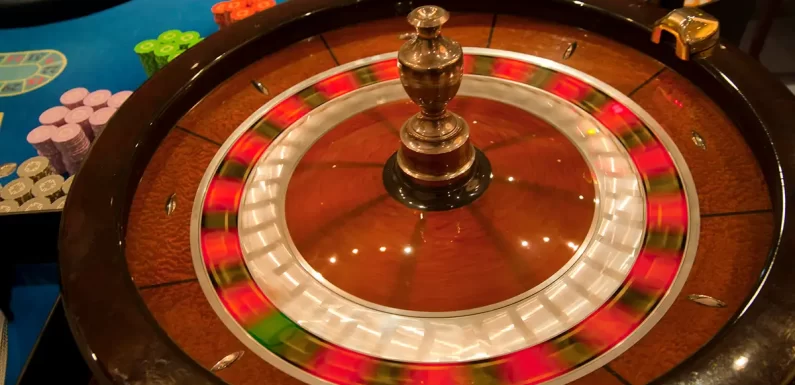
Mathematicians and philosophers disagree over the nature of probability, an area which has long perplexed gamblers. In this course we’ll investigate key concepts through classic and modern problems.
Roulette is a game of pure luck; to increase your odds of success and maximize your odds of winning, stay calm and avoid making hasty decisions. Also, it is wiser to play within an established budget rather than spending any of your winnings immediately.
Object of the Game
Roulette is an exhilarating and thrilling game for players of any skill level, from complete novices to veteran pros alike. This engaging classic features a spinning wheel with divisions alternating red and black plus one extra green division numbered zero (on American tables). A ball is then dropped onto this wheel where it may land one of several numbered pockets on which a bet may be placed – and if their number comes out they win big!
Players place their chips on a betting mat with careful placement indicating which bet was being made, either on individual numbers or groups of numbers with different odds and payouts.
Some players employ risk-based strategies, like Martingale or D’Alembert systems. Unfortunately, neither are entirely reliable and will eventually result in significant financial loss. There are theories based on Newtonian mechanics which claim they can predict spin results by monitoring wheels and balls through sensors in shoe shoes.
Rules
Roulette is a game of sheer chance. To participate, players place chips on a betting mat in an exact way that indicates their bet is being made. They may select individual numbers or group bets referred to as outside bets. Odds of success depend on how likely it is that each slot will be won.
People have attempted to outwit the house through various betting systems; however, these typically rely on what’s known as the gambler’s fallacy: that past results can predict future ones.
Since roulette is a game of pure chance, past spins don’t impact future ones and repeating results shouldn’t be expected multiple times in a row. As such, proper bankroll management is essential – don’t risk more money than you can afford to lose!
Payouts
Roulette is a game of chance with an inherent house edge – the difference between the odds of winning a bet and its payout offered. Bettors place their bets using colored chips, then once betting has stopped the croupier spins the wheel and throws the ball into one of the slots; winners are paid out according to betting odds such as number of balls in slot, color or odd/even status; payouts for inside bets tend to be higher than outside ones but still maintain an enormous house advantage; some players employ betting systems which aim at beating this particular house edge.
Roulette has long been an engaging casino classic since its invention in 17th-century France, and continues to delight millions. Its appeal lies in its straightforward process and chance-based play; yet experienced roulette players know there is more at play than meets the eye in this timeless casino classic.
Variations
Betting options in Roulette can vary. When betting, players have various betting choices at their fingertips: single numbers, small groups of numbers or certain combinations of colors/odd/even bets can all be chosen as potential bets with each bet type offering its own unique payout depending on its probability.
Although mathematical systems like Martingale and D’Alembert can assist in managing your bankroll, they cannot remove the house edge entirely. Engineers have attempted to do just that through predicting mechanical performance of wheels, however these strategies only work on an impartial wheel and do not provide consistent wins.
Roulette is an exhilarating, straightforward game that can lead to some rewarding outcomes, but before betting with real money it’s essential that you study its rules and variations as well as understanding its probabilities and odds so as to place smart bets that maximize winnings while limiting losses.

